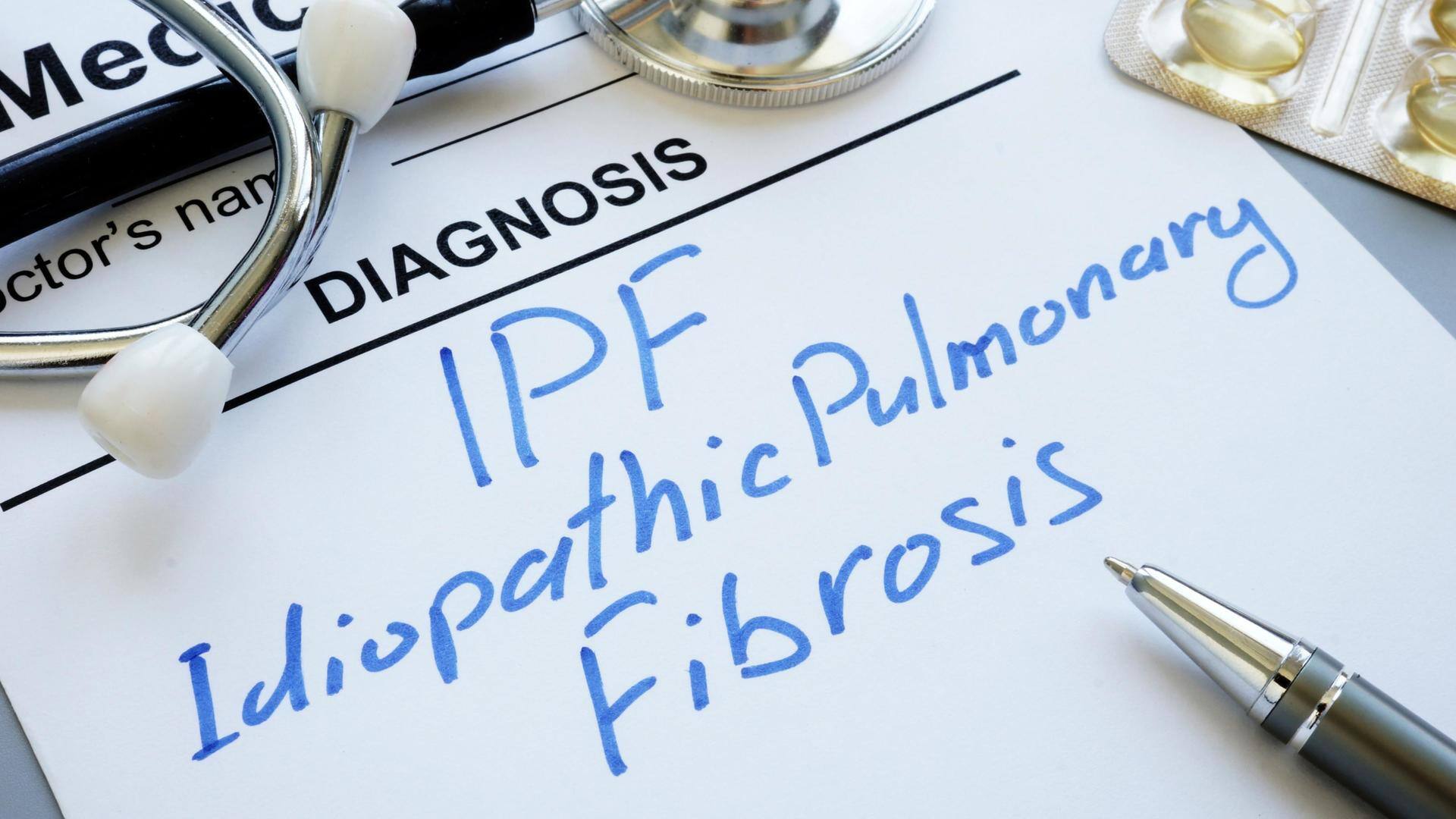
Idiopathic pulmonary fibrosis: Symptoms, causes, and treatment
What's the story
Idiopathic pulmonary fibrosis (IPF) is a chronic and progressive lung disease primarily impacting individuals aged 50 to 70.
It happens when scar tissue forms in the lungs, making it hard for oxygen to get into the bloodstream.
Join us as we explore the symptoms, causes, and available treatments for IPF, shedding light on this debilitating condition affecting the respiratory system.
Signs
Symptoms of IPF
Pulmonary fibrosis affects everyone differently.
For some, it develops rapidly with severe symptoms, while for others, the symptoms progress gradually over months or even years.
Signs of pulmonary fibrosis include feeling out of breath, having a dry cough, experiencing fatigue, losing weight unexpectedly, feeling muscle and joint pain, and noticing the tips of the fingers or toes becoming wider and rounder.
Causes
What causes IPF?
Long-term exposure to toxins like silica dust, asbestos fibers, and coal dust, as well as radiation therapy and certain medications, can contribute to the development of IPF.
Medical conditions such as dermatomyositis, rheumatoid arthritis, and pneumonia can also lead to IPF.
In some cases, the cause of IPF remains unknown, but researchers suspect viruses, tobacco smoke exposure, and genetic factors may play a role.
Risk factors
Who is at risk?
Age plays a role, as the disorder primarily affects middle-aged and older adults.
Men are more susceptible to IPF than women.
Smoking, especially in combination with emphysema, raises the risk significantly.
Occupations involving mining, farming, or construction, as well as exposure to lung-damaging pollutants, can also contribute to the development of IPF.
Cancer treatments may also increase the risk. Genetics plays a role too.
Treatment
Treatment options
Currently, there is no cure for IPF, but there are treatments available to manage the condition.
Medications like pirfenidone and nintedanib can slow down lung scarring, preserving lung function.
Oxygen therapy provides extra oxygen to improve breathing, energy, and strength.
Pulmonary rehabilitation involves specialized exercises to enhance everyday tasks.
In certain cases, a lung transplant may be an option to replace diseased lungs.
Information
Biotech company makes drugs for IPF using AI
A Hong Kong-based generative artificial intelligence (AI)-driven biotech company, Insilico, has developed a drug made using generative AI technology for the treatment of Idiopathic Pulmonary Fibrosis (IPF). Just recently, on Tuesday, its Phase 2 trials have started.